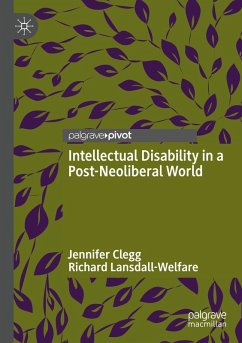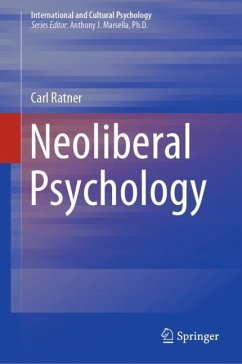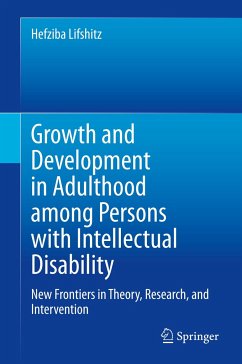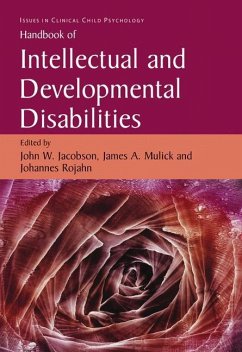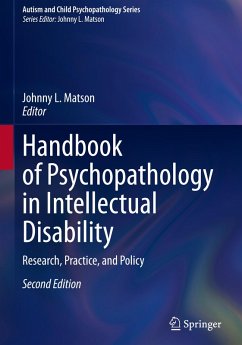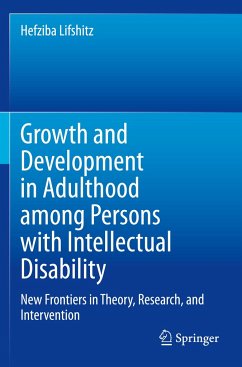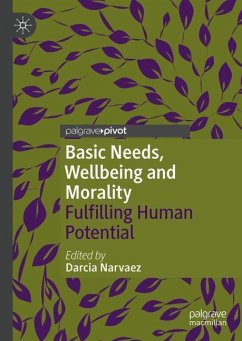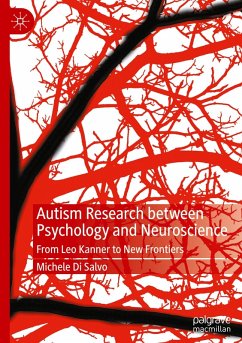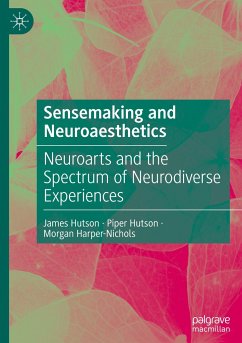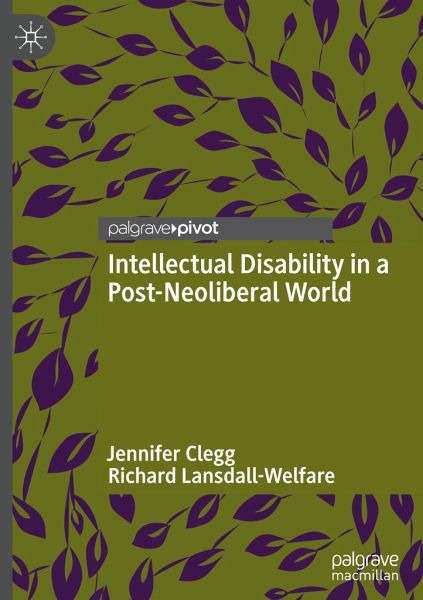
Intellectual Disability in a Post-Neoliberal World
Versandkostenfrei!
Versandfertig in 6-10 Tagen
34,99 €
inkl. MwSt.
Weitere Ausgaben:

PAYBACK Punkte
17 °P sammeln!
This book suggests and promotes new paradigms for intellectual disability. Challenging the predominant neoliberal agenda, it combines extensive clinical experience, conceptual analysis, and recent research. The authors explore the way that promotion of autonomy and choice overlooks the fundamentally relational needs of people with intellectual disabilities by examining four significant, repeating themes. What neoliberal policies are and how they suffocate innovation; the recurring scandals that characterise ID services in all cultures; the counter-intuitive belief that behavioural intervention...
This book suggests and promotes new paradigms for intellectual disability. Challenging the predominant neoliberal agenda, it combines extensive clinical experience, conceptual analysis, and recent research. The authors explore the way that promotion of autonomy and choice overlooks the fundamentally relational needs of people with intellectual disabilities by examining four significant, repeating themes. What neoliberal policies are and how they suffocate innovation; the recurring scandals that characterise ID services in all cultures; the counter-intuitive belief that behavioural interventions can somehow address emotional distress; and fundamental tensions in the relationship between parents and services. Each chapter proposes alternative and hopeful ways to address the 40% of people with intellectual disabilities whose distress generates challenges for parents and staff. Written primarily for intellectual disability researchers, professionals, service managers, and policy-makers, this book constitutes a useful reading also for scholars in psychology, psychiatry and nursing, as well as specialist historians, geographers, sociologists, and social anthropologists engaged with intellectual disabilities.



